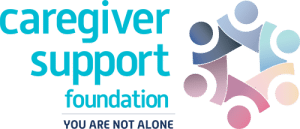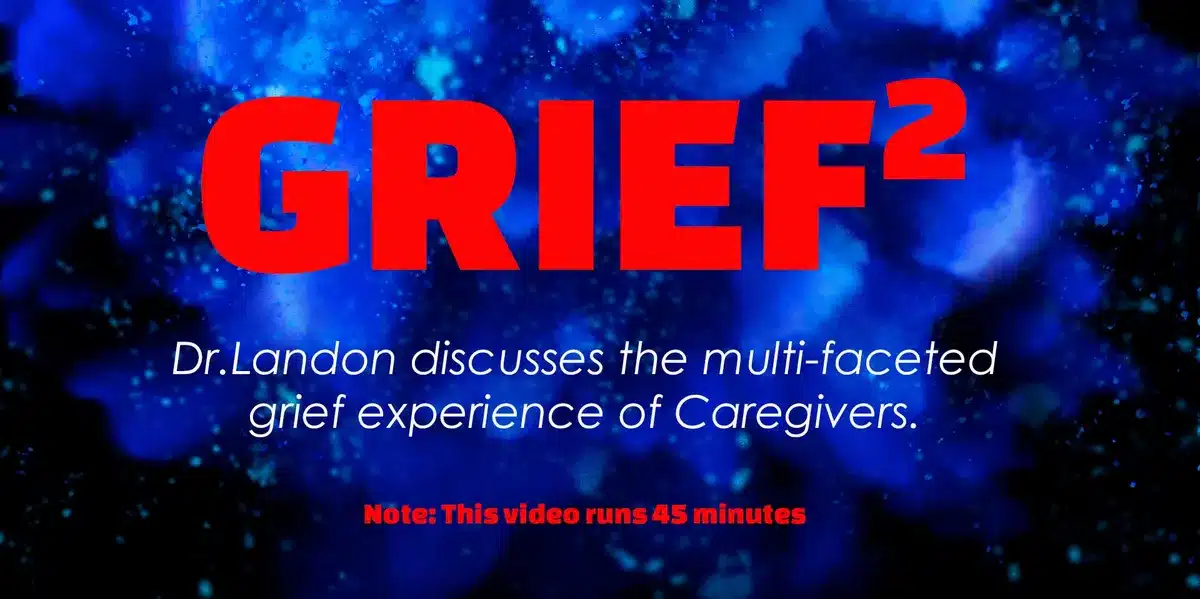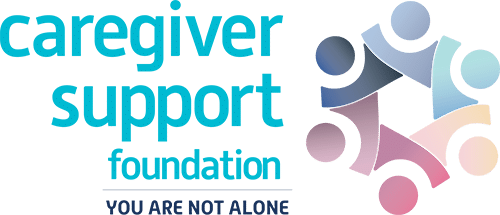Hardest Job in the World
24/7, 52 weeks a year, and sometimes for years, caregiving is devastating to the caregiver. In this episode Dr. Landon explains why.
Alzheimer’s, Dementia, Parkinson’s?
They are all brain failure.
There are many brain diseases. They all end with the brain shutting down leading to death. It is better to lump them together as brain failure so that the caregiver can focus on quality of life for the loved one’s remaining years.
Journey to a New Horizon
When a loved one is diagnosed with a terminal brain malady, you become a caregiver. The family caregiver’s journey is arduous. It includes six defining challenges.
Part 1: In the Palliative Care Series
Palliative Care treats the whole person not just the disease. This includes the family and aims for the highest quality of life possible.
Part 2: In the Palliative Care Series
Palliative Care is all about Safety, Comfort, and Moments of Joy for terminal brain failure patients. The family provides it well before hospice. Here’s how.
Grief Is Not One Size Fits All
Caregivers grieve every time their loved one loses who they used to be. Friends don’t understand because they think grief is only for the dead.
Grief As You Wish
Because caregivers grieve along the journey, they often grieve after death differently than their friends think they should. Please grieve in your own way.
Caregivers and Patients Must Be Aware of Denial
Denial can help a caregiver cope, but more often it is a predator, hunting caregivers (and patients) to rob them of emotions, energy and time for the caregiving task.
The Value of Caregiver Support Groups
Caregiving is stressful and socially isolating. Groups reduce both. Here’s more.
Watch a Caregiver Support Group
Watch how a Zoom meeting of a Caregiver Support Group works. Real caregivers talk about their lives and issues and provide support for each other.
How to Make a Group Function Well
If you are looking to run your own caregiver group, here is an in-depth tutorial on how to do it and how to get the most out of it for everyone involved.
Message to the Medical Community
Treating terminal patients, without including the family ignores the most important part of the patient’s life. Ignoring the family also produces poorer outcomes.
More Ideas for the Medical Community
When the family is included in patient care, professionals can help at each stage. Here are some practical tips.
Part 1: The Therapeutic Triangle
Interactions between doctors, patients and caregivers are viewed as a therapeutic triangle. Muck better outcomes happen when all three work together. However, there are substantial barriers.
Part 2: The Therapeutic Triangle
Doctors enhance quality of life for patients. The caregiver provide care for patients. Here’s advice for doctors to help caregivers improve effectiveness and reduce stress.
Part 3: The Therapeutic Triangle
During an office visit caregivers can help doctors and their loved one or be a barrier to teamwork. Here are some suggestions how caregivers can strengthen teamwork.


